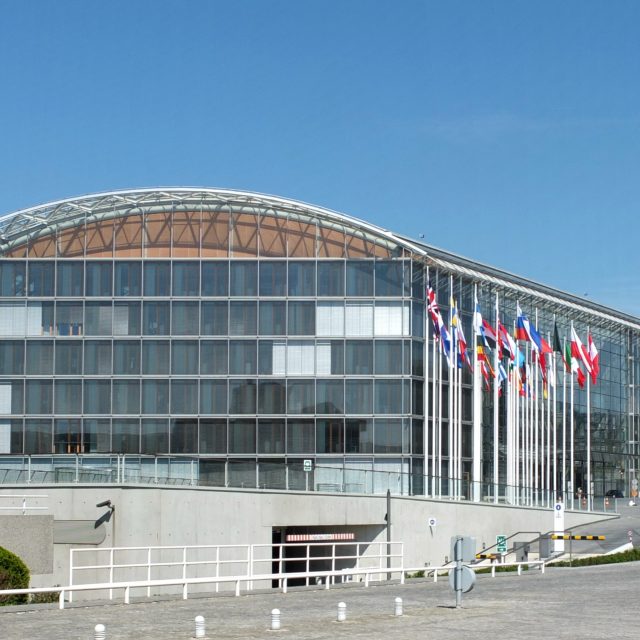SMEs are vital to the EU’s economy. Supporting their development both within the single market and outside the EU is thus a key element of the Union’s overall competitiveness strategy.
The European Court of Auditors is starting an audit to assess the coherence of the EU’s SME internationalisation strategy and the effectiveness of measures taken so far.
Small and medium-sized enterprises (SMEs) — those with fewer than 250 employees — are widely considered the backbone of the economy. In the EU, they account for two thirds of private-sector employment and generate over half of all economic output. Any measures to help them grow and internationalise their business activities can therefore have a major impact on jobs and growth.
However, SMEs still face a number of barriers to becoming more active internationally and from benefitting from cross-border trade. These barriers include lack of knowledge about non-domestic markets and business opportunities, complex regulations and administrative barriers, and insufficient resources for internationalisation. Helping enterprises to overcome these obstacles effectively is high on the EU’s agenda, with a number of initiatives addressing SMEs’ needs. These include, in particular, the Enterprise Europe Network, the Startup Europe Initiative, support from the SME Instrument and the European Structural Investment funds, and other initiatives under the Competitiveness of SMEs (COSME) programme.

“SMEs are the cornerstone of the European economy. More importantly, they can grow and thus contribute even more to the EU’s growth by accessing new markets in the EU and beyond” said Ivana Maletić, the Member of the European Court of Auditors responsible for the audit. “It is therefore vital to stimulate their involvement in international markets, and our audit will determine precisely whether the EU’s dedicated action has borne fruit.”
The EU has designed a strategy and set out measures to support SMEs and help them reap the benefits of cross-border trade and cooperation. In 2008, the Small Business Act initiated the EU’s overall policy towards SME internationalisation, both within and outside the single market. Three years later, the European Commission issued the Communication “Small Business, Big World”, which set out the EU’s strategy for SME internationalisation. This strategy was aimed at bringing coherence to numerous actions and instruments, with very diverse approaches and objectives, in support of the international growth of European SMEs. The strategy also set out the principles governing any EU-level initiatives in this field.
The audit, which has just started, focuses on EU support to help SMEs access international markets. It will examine how two key actions managed directly by the European Commission (the Enterprise Europe Network and the Startup Europe Initiative) have specifically contributed to achieving the EU’s goals in this area. In particular, the auditors will assess:
o how coherent the EU’s strategy for SME internationalisation is;
o how effectively existing actions are coordinated at EU level; and
o how well they complement national initiatives.
Internationalisation is the process of increasing companies’ involvement in international markets, primarily through exports, but also through imports and technical cooperation. These international markets can be either within the EU’s single market or in non-EU countries.
The audit preview, published today, provides information about an ongoing audit task on EU support for SME internationalisation. The audit isscheduled for completion in the second half of 2021. Audit previews are based on preparatory work undertaken before the start of an audit and should not be regarded as audit observations, conclusions or recommendations




